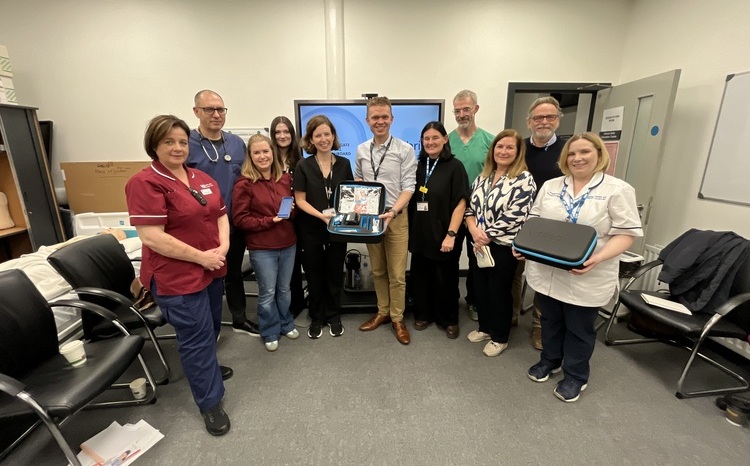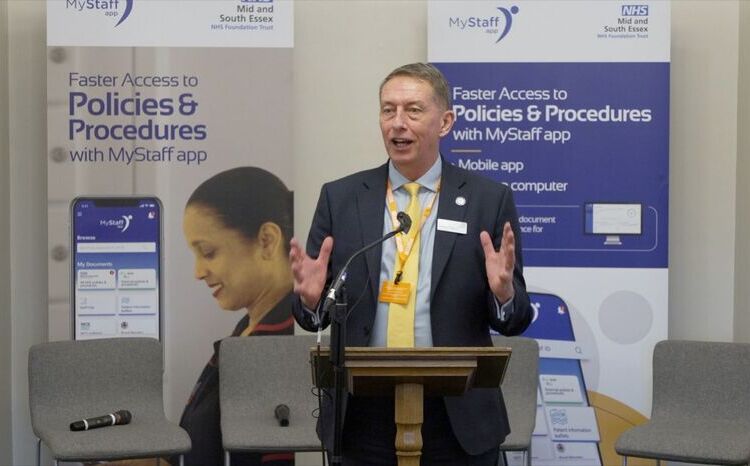PAC report brings brickbats and bouquets for NPfIT
- 18 April 2007
Mixed reaction greeted the House of Commons Public Accounts Committee’s report on the National Programme for IT with critics and supporters dividing on predictable lines and the NHS Confederation saying the programme must be made to work, despite its problems.
Health minister Lord Hunt, claimed the evidence taken to produce the report was outdated.
“This PAC Report is based on a NAO [National Audit Office] report that is now a year out of date. Since then substantial progress has been made and the NAO recommendations have already been acted on. Costs of the programme have not escalated. In fact, the NAO acknowledged that costs were under control and the strength of the contracts means that payment is not made until systems are delivered which protects the taxpayer.
“The NHS IT programme is already being used by clinicians and bringing benefits for patients with digital technology transforming diagnosis and treatment every day. Electronic prescriptions are now available and digital x-rays are increasingly in use across the country.”
Lord Hunt added that NPfIT will provide safer, faster and more efficient healthcare for patients and that the challenges of delivering a system of its size and complexity were not underestimated.
“Working with the NHS and clinicians, we are on track to meet our broad targets and, as the NAO confirmed, well placed to deliver this exciting project. When completed it will connect more than 117,000 doctors, 397,500 nurses and 128,000 scientists and therapists – bringing benefits to 50 million patients.”
Connecting for Health, the agency responsible for NPfIT, said that as the report was a parliamentary report, the Department of Health was responsible for responding to its queries.
Dr Gill Morgan, chief executive of the NHS Confederation which represents over 90% of NHS organisations, told EHI that it was essential that NPfIT was made to work and the government should resolve any outstanding issues.
“If the NHS is to deliver a better service for patients, the National Programme for IT simply must be made to work. Choice, reduced waiting time targets, and the implementation of ever more complex treatments depend on an effective national computer system.
“There are undoubtedly problems that the government must tackle, not least the basic functionality of the system. The key issue is to make sure that all NHS staff at a local level, especially the clinicians who will be using the new IT system, are fully engaged with the project as it moves forward. This is the most complex IT programme in any public sector organisation, apart from the military. A programme of this magnitude is bound to experience some problems and delays, and create concerns.”
Dr Morgan added: “We must remember that whilst it is regarded as an IT project, it is actually about transforming services for patients. And the biggest outcome that the programme should be judged on is whether it helps deliver better patient care.”
James Johnson, chairman of the BMA, agreed with the proposal for a review of clinical involvement in NPfIT.
“Although much work has been done more recently to involve doctors, many remain unconvinced that the system will be fit for purpose. The proposed review of clinical involvement will help to strengthen the mechanisms already in place and find better ways of communicating and listening to NHS staff,” he said.
The report said that the suppliers “are struggling to deliver” but when EHI contacted the two NPfIT suppliers, iSoft and Cerner, neither was prepared to comment.
Local service providers defended the programme. A Fujitsu spokesperson told EHI: “We have read and digested the PAC report and will continue with our support for the programme.”
A BT spokesperson added: “BT is delivering and we have every confidence in the national programme as it stands.”
The opposition political parties however felt that the report should be acted on by the government.
Liberal Democrat health spokesperson, Norman Lamb, said: “There can be no doubt that the ministers’ plans have gone badly wrong. The government has put IT in the NHS in a centrally controlled strait jacket.
“The damning evidence in this report is that delays in implementation and a lack of compatibility with local systems is proving disruptive to local hospitals. How soon will it be before another technical glitch puts patients’ lives at risk? Any discussion with people working in the NHS leaves an overwhelming sense of loss of confidence in the project. The government cannot continue to charge ahead with the system, blind to ever more stark warnings.”
Lamb said that his party felt that there should be no further spending on NPfIT until a resolution to the problems raised is found.
“The Liberal Democrats are demanding an immediate end to further spending on the project, along with an independent inquiry. We need to find out whether it is still possible to achieve the programme’s original objectives or whether it should be adapted to deliver what GPs and hospitals say they need.”
Writing in the Daily Telegraph, Richard Bacon, Tory MP for South Norfolk and a member of the Public Accounts Committee said: “This is a truly grim tale. More than £2 billion has been spent, and although there is no detailed record of overall expenditure on the programme, estimates of its total cost have ranged from £6.2 billion up to £20 billion. There have been six bosses in five years. Timetables are fictitious and the programme is now years behind. Doctors, nurses and hospital managers have been left spitting with rage. Most GPs think the appointment booking system is a joke.”




